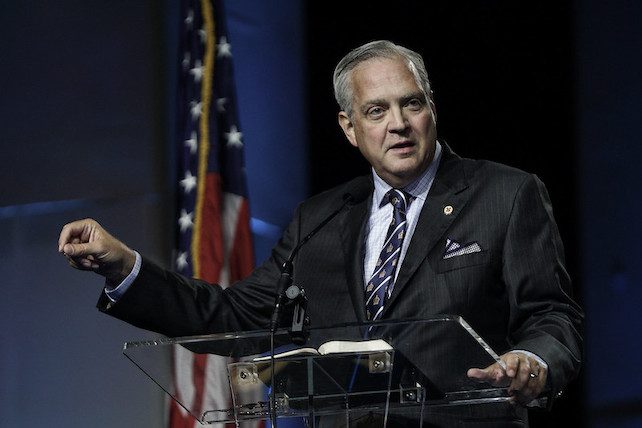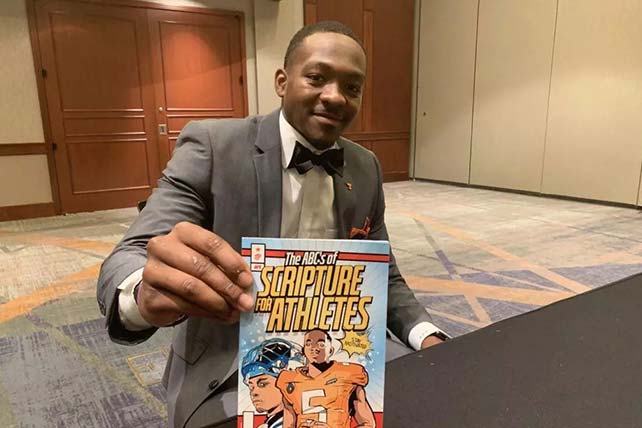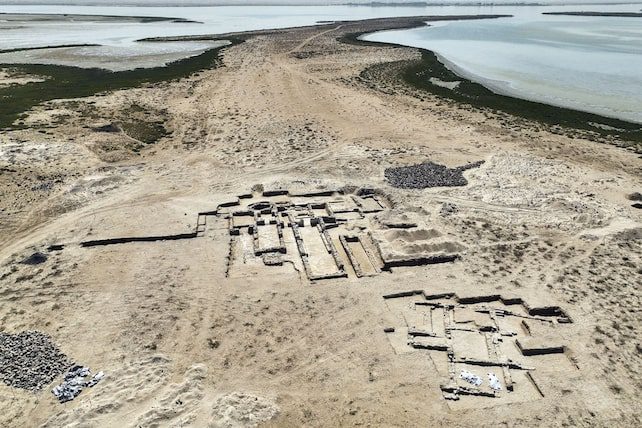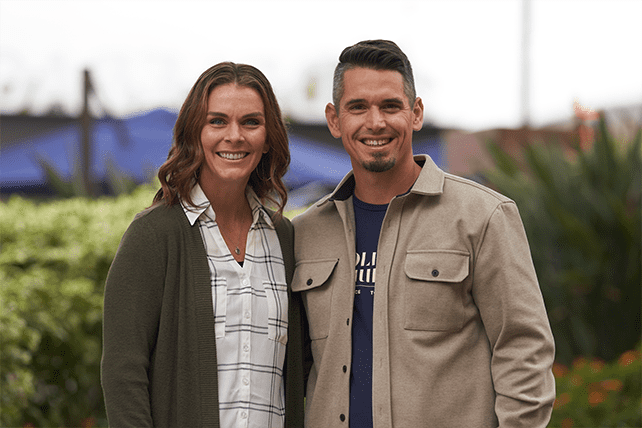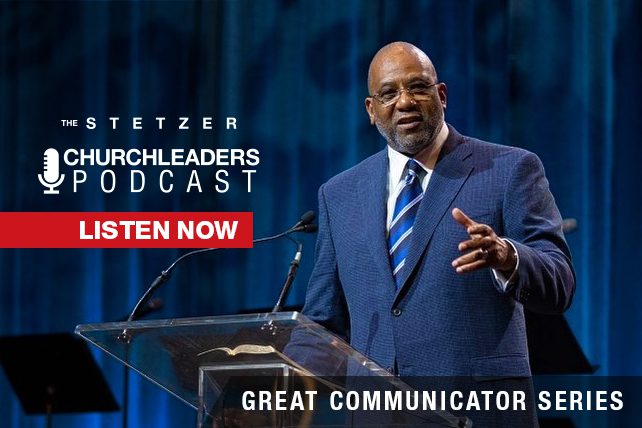I became friends with (let’s call him) Bobby, in the second grade. We looked very much alike and we loved convincing people that we were twins. When we got to high school our interests diverged—I was involved in sports and became quite lean while he became … shall we say … chubby. The kids mocked him and he withdrew, and when he used to tell friends that people used to mistake us for twins, I would get embarrassed and think to myself, “Not anymore, buddy.” But then, in eleventh grade, he stealthily started undergoing a metamorphosis. He was watching his diet and hitting the gym daily until one day I noticed that … Bobby isn’t fat anymore! In fact, he looked quite chiseled. The following year he won a modeling competition and was awarded a modeling contract. A couple of years later I was working at a bookstore and came across a magazine with a picture of a very muscular-looking Bobby on the cover. I excitedly told my colleagues: “Hey this is my friend Bobby, we’ve been friends since the second grade, and people always thought we looked like twins!” But I could tell what they were thinking: “Not anymore, buddy.”
Bobby’s body transformation was truly remarkable, but there is one that is even more amazing that awaits Christians—a physical and spiritual metamorphosis attributed to God’s powerful work of glorification.
We have seen some introductory thoughts on eschatology, differing views on the what and the when of the Kingdom, and looked at teaching on the Rapture. We have considered the Judgments or Reckonings – the Bēma Seat as well as the Sheep & Goats’ Judgment and the Great White Throne Judgment, the Millennium, and the eternal state in Heaven.
One piece of the puzzle is missing: what is it going to be like for us to live in the eternal state? We have seen that heaven is a physical place, with governments and plants and buildings, so what kind of bodies will we have? We know that at death our spirits are released but at the rapture, our bodies and souls will be reunited. So, what does that body look like?
3 Perspectives About Glorification so You Will Be Excited About Dying
The Necessity of Glorification
I tell you this, brothers: flesh and blood cannot inherit the kingdom of God, nor does the perishable inherit the imperishable. Behold! I tell you a mystery. We shall not all sleep, but we shall all be changed, in a moment, in the twinkling of an eye, at the last trumpet. For the trumpet will sound, and the dead will be raised imperishable, and we shall be changed. For this perishable body must put on the imperishable, and this mortal body must put on immortality. When the perishable puts on the imperishable, and the mortal puts on immortality, then shall come to pass the saying that is written: “Death is swallowed up in victory.” (1 Corinthians 15:50-54)
Our bodies are not equipped to last forever. They age and decay. Nor are our spirits suited for heaven naturally. This is why we need the doctrine of glorification.
Paul teaches that glorification is the culmination of a process that begins before we are born. We are foreknown by God, predestined to be conformed to the image of his Son, i.e. sinless in all we are and all we do. From this passage, we see that those whom God calls, he ends up glorifying. This chain of events from being foreknown, and predestined, to being called, justified, sanctified, and glorified is an unbroken strand.
For those whom he foreknew he also predestined to be conformed to the image of his Son, in order that he might be the firstborn among many brothers. And those whom he predestined he also called, and those whom he called he also justified, and those whom he justified he also glorified. (Romans 8:29-30)
Glorification is when we, as Christians, attain perfection forever.
Glorification is a state of sinlessness that cannot be lost. At justification, we are declared positionally righteous and sinless, but we still sin. The Christian life is becoming what we are—the process we call sanctification. While we mature, we become more like Christ as we learn to hate our sin more and trust God. But the problem is that even the best Christian is not going to be perfect in his or her practice, by the time of death.
So the solution is glorification.
God makes us instantly perfectly holy when we die or get raptured.
And I am sure of this, that he who began a good work in you will bring it to completion at the day of Jesus Christ. (Philippians 1:6)
There are no unfinished Christians because God completes every work that he begins.
2. The Nature of Glorification
Behold! I tell you a mystery. We shall not all sleep, but we shall all be changed, in a moment, in the twinkling of an eye, at the last trumpet. For the trumpet will sound, and the dead will be raised imperishable, and we shall be changed. (1 Corinthians 15:51-52)
Unlike sanctification, which takes our whole life, glorification is instantaneous. At death or at rapture.
Beloved, we are God’s children now, and what we will be has not yet appeared; but we know that when he appears we shall be like him, because we shall see him as he is. (1 John 3:2)
When Jesus comes we will be sinless and glorious, like him. Both our inner and outer man will change and be fitted for heaven, like Jesus.
For we know that if the tent that is our earthly home is destroyed, we have a building from God, a house not made with hands, eternal in the heavens. For in this tent we groan, longing to put on our heavenly dwelling, if indeed by putting it on we may not be found naked. For while we are still in this tent, we groan, being burdened—not that we would be unclothed, but that we would be further clothed, so that what is mortal may be swallowed up by life. He who has prepared us for this very thing is God, who has given us the Spirit as a guarantee. (2 Corinthians 5:1-5)
Our earthly bodies cause us to groan. Who doesn’t groan from time to time in this life? But we will put on a better body, a building from God with no groaning, no sickness, no pain.


